India could be a secular country on the basis of caste, religion but it is still not a secular one on the basis of men and women. We could be developed and reach the moon, mars and be back, but we will never be able to erase the gap between the two genders. Women’s status had, has and most probably will always be degraded, so low as to the earth and below, in our society.
There still are some practices in India which are way too unfair and discriminative for women, and the case worsens after marriage and some of them are as follows: –
- Dowry system
Dowry system was prevalent abundantly but now even if it has been an illegal act and offensive crime, still is followed anyhow. This dowry system is prevalent only for females as if they are being sold to the male’s family. Whereas the male’s family doesn’t have to give anything in return. If it’s a sale it should be proper one where both are not on loss, something like the barter system.
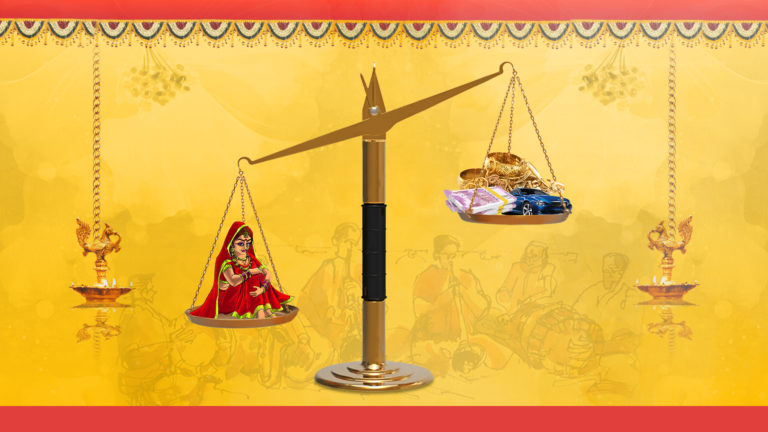
- Leaving her parent’s house after marriage
It is the bride who has to leave her parent’s house and start a new life with a completely strange family and home. The groom just has to welcome someone strange but the bride has to play the most difficult part of leaving everything behind and move forward towards a strange, unknown life and surroundings. (in arranged marriages).
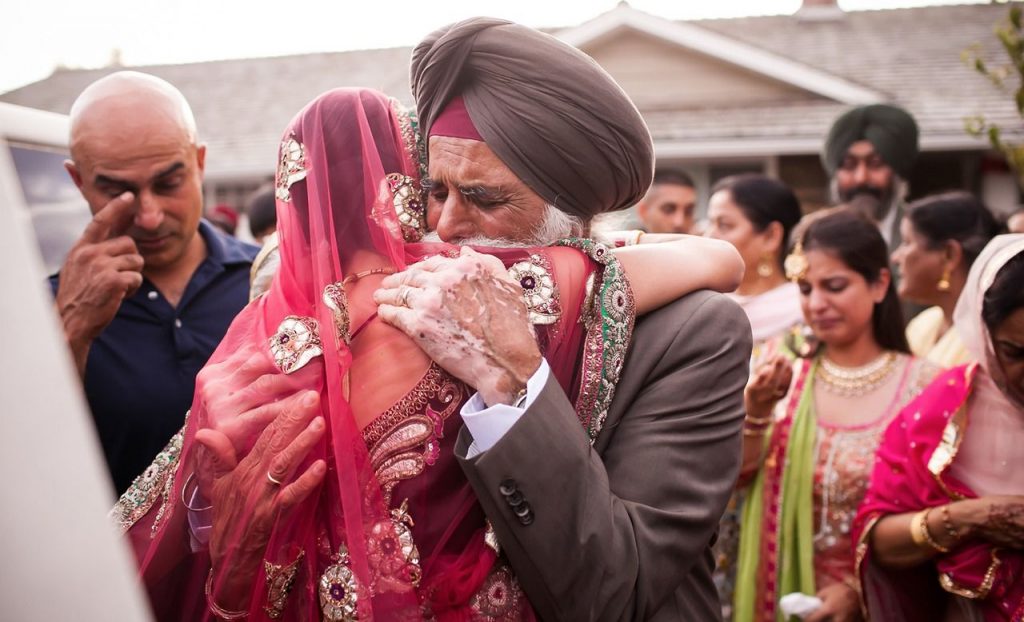
- Cremation
When the near and dear ones are taken for cremation, female members are not allowed to go attend that part of the funeral. However, close they may be, but they are not allowed at the cremation site.
- Fasts
There is a special type of fast namely, Karwa Chauth followed in North India wherein, wives fast a whole day without even drinking water until they get the sight of the moon. This fast is essentially taken for husband’s long life and good health, this fast is only meant for wives but some husbands also may take this fast for their wives too.
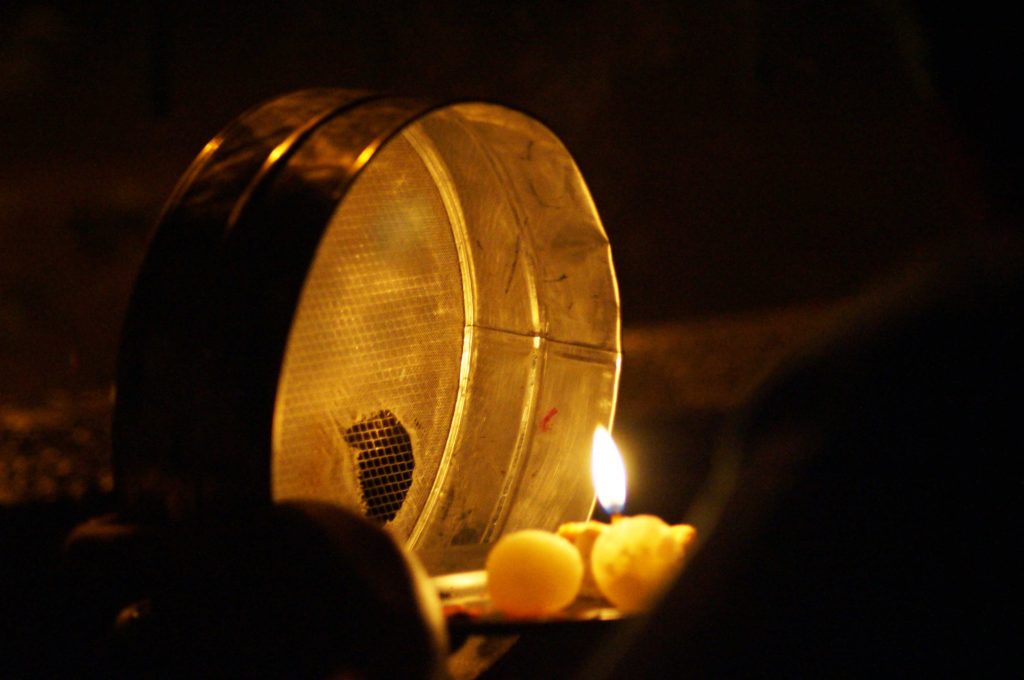
- No working status after marriage
Mostly women who work are not allowed to go out and work after their marriage. The grooms may at times promise that the bride could work but after marriage, they don’t allow her for the same and dome families mention this pact at the time of their courting itself.
- Sati system
In ancient India, this system was followed almost everywhere wherein, if the husband faces death before the wife then, the widow was supposed to burn alive with the burning husband. This inhuman activity is a punishable offence now but still might be prevalent in some backward areas.
- Changing surnames
Mostly women have to change their surname, after marriage, into their husband’s surname. Sometimes they are forced to change their name even so as to fit into the groom’s family status, the husbands never have to take such a step. Women have to leave their homes, family and even their surnames and surnames and first names. It is as if women are born to adjust according to men and their wants, it has always been this way and might continue to be in this mean patriarchal society

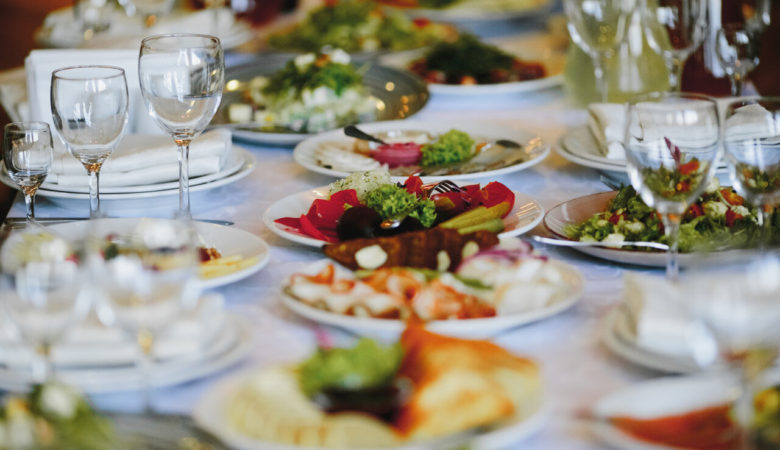

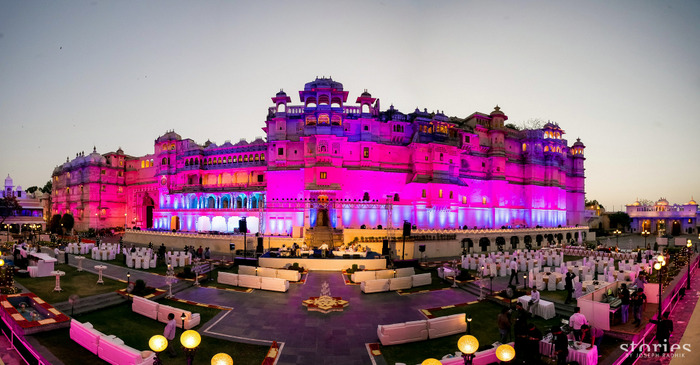
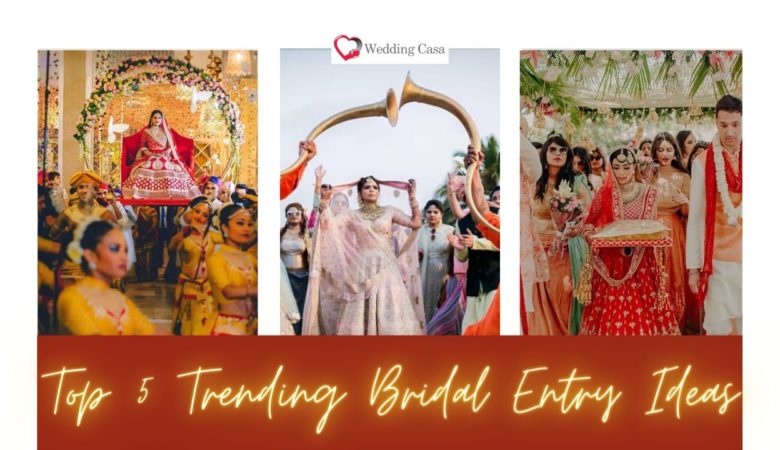
Leave a Reply